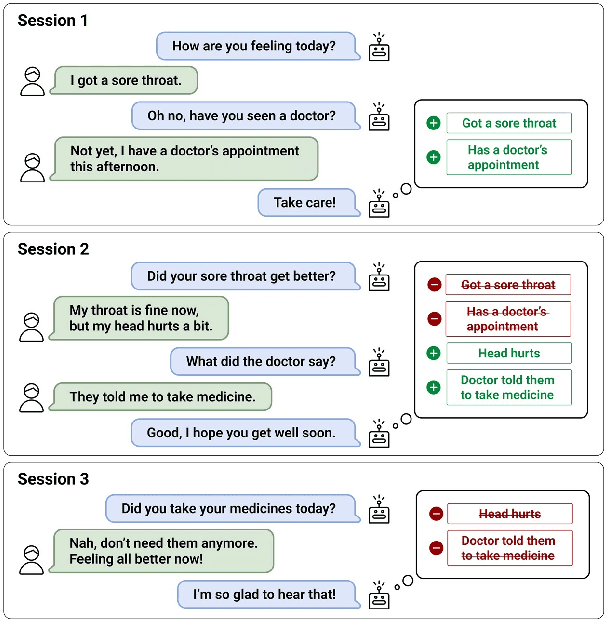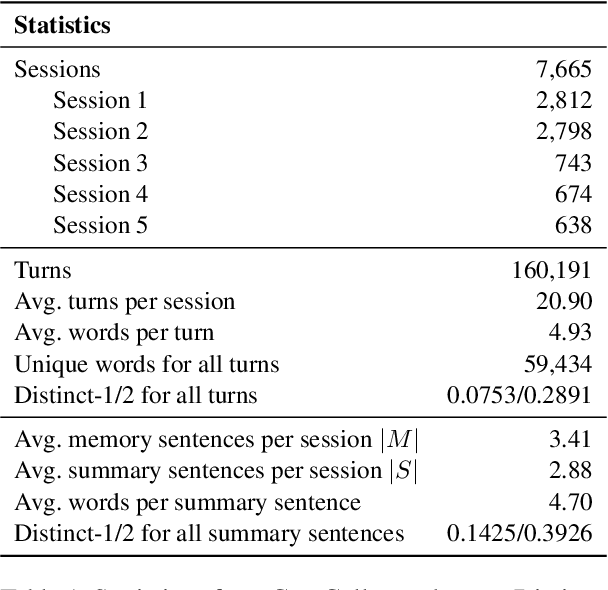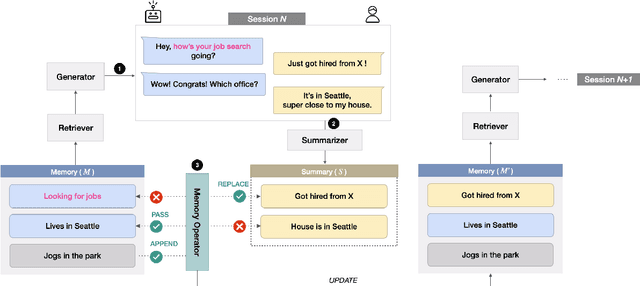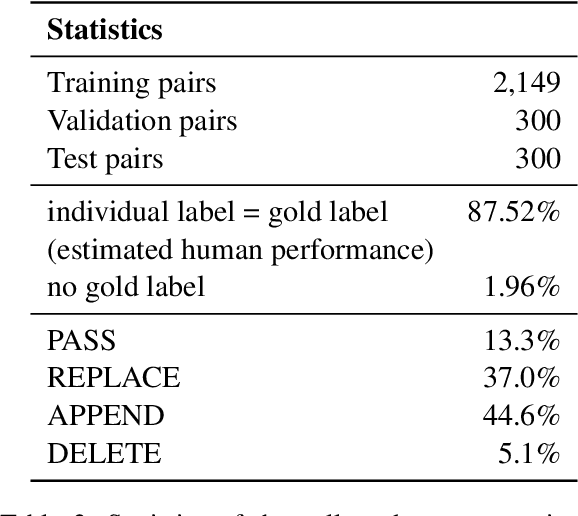Yuin Jeong
Understanding the Impact of Long-Term Memory on Self-Disclosure with Large Language Model-Driven Chatbots for Public Health Intervention
Feb 17, 2024Abstract:Recent large language models (LLMs) offer the potential to support public health monitoring by facilitating health disclosure through open-ended conversations but rarely preserve the knowledge gained about individuals across repeated interactions. Augmenting LLMs with long-term memory (LTM) presents an opportunity to improve engagement and self-disclosure, but we lack an understanding of how LTM impacts people's interaction with LLM-driven chatbots in public health interventions. We examine the case of CareCall -- an LLM-driven voice chatbot with LTM -- through the analysis of 1,252 call logs and interviews with nine users. We found that LTM enhanced health disclosure and fostered positive perceptions of the chatbot by offering familiarity. However, we also observed challenges in promoting self-disclosure through LTM, particularly around addressing chronic health conditions and privacy concerns. We discuss considerations for LTM integration in LLM-driven chatbots for public health monitoring, including carefully deciding what topics need to be remembered in light of public health goals.
* Accepted to ACM CHI 2024 as a full paper
Keep Me Updated! Memory Management in Long-term Conversations
Oct 17, 2022



Abstract:Remembering important information from the past and continuing to talk about it in the present are crucial in long-term conversations. However, previous literature does not deal with cases where the memorized information is outdated, which may cause confusion in later conversations. To address this issue, we present a novel task and a corresponding dataset of memory management in long-term conversations, in which bots keep track of and bring up the latest information about users while conversing through multiple sessions. In order to support more precise and interpretable memory, we represent memory as unstructured text descriptions of key information and propose a new mechanism of memory management that selectively eliminates invalidated or redundant information. Experimental results show that our approach outperforms the baselines that leave the stored memory unchanged in terms of engagingness and humanness, with larger performance gap especially in the later sessions.
 Add to Chrome
Add to Chrome Add to Firefox
Add to Firefox Add to Edge
Add to Edge